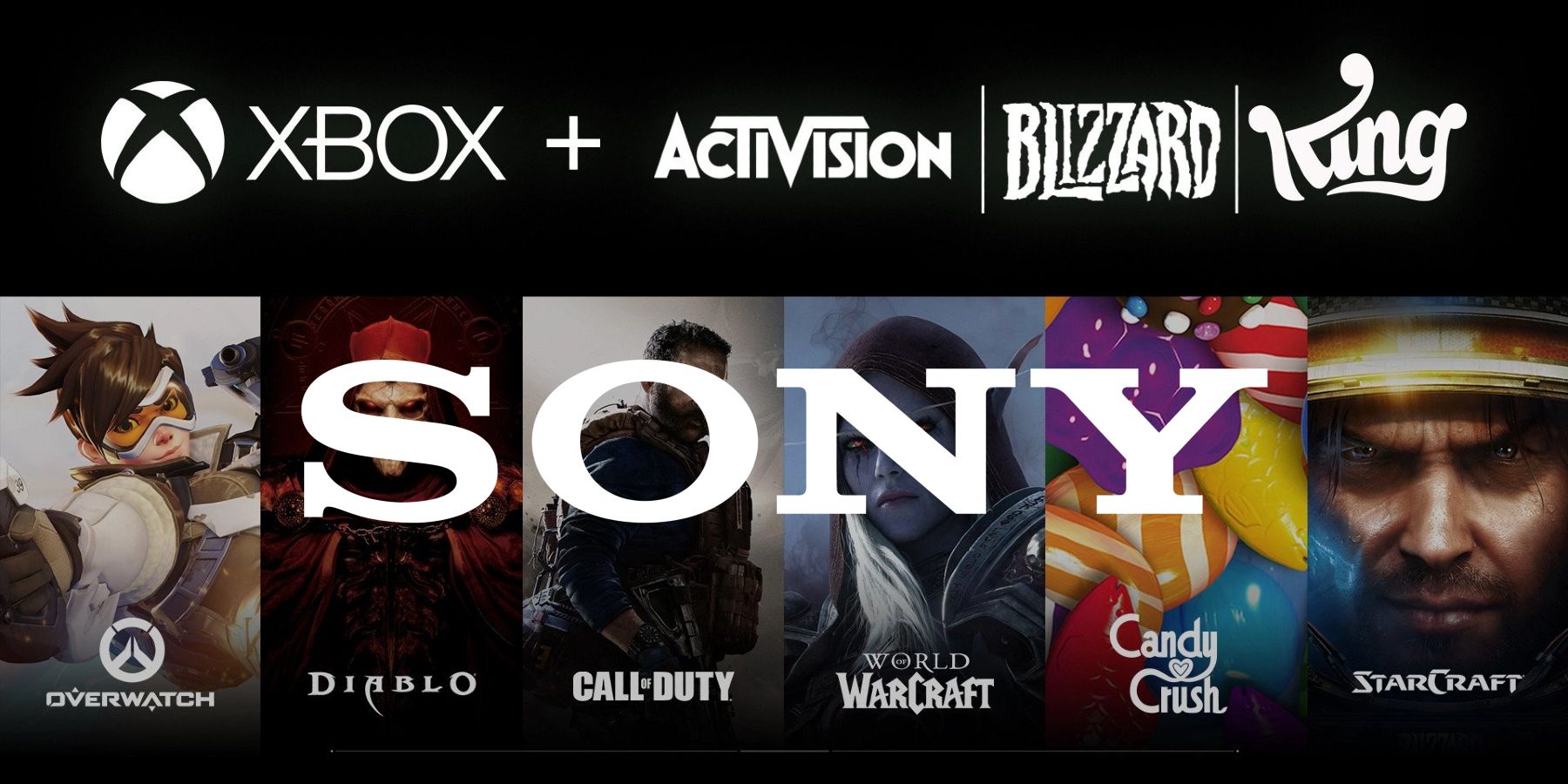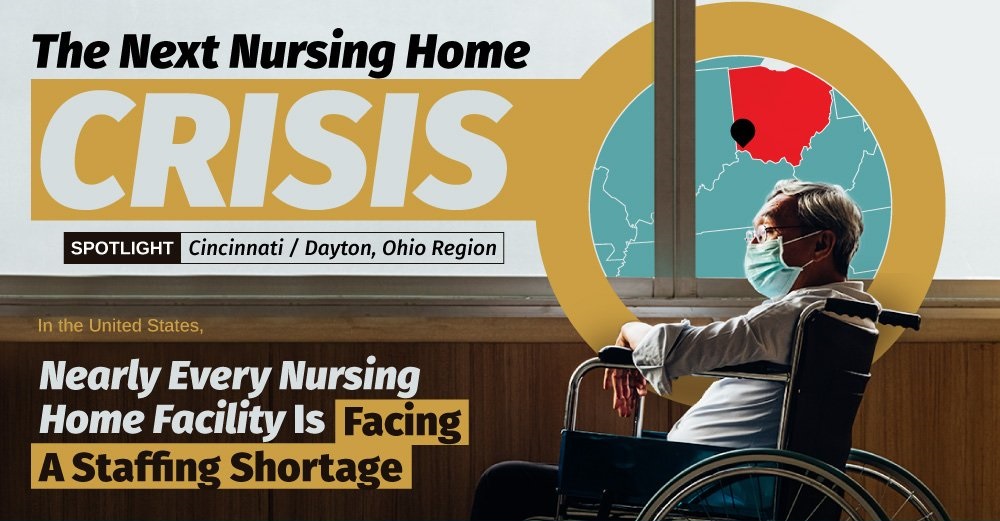FTC Appeals Activision Blizzard Acquisition: Microsoft Deal In Jeopardy?

Table of Contents
The initial agreement, announced in January 2022, saw Microsoft aiming to acquire Activision Blizzard, the creator of iconic franchises like Call of Duty, World of Warcraft, and Candy Crush. This acquisition would significantly expand Microsoft's gaming portfolio, bolstering its Xbox Game Pass subscription service and strengthening its position in the competitive gaming market.
However, the FTC, concerned about the potential for anti-competitive behavior, filed a lawsuit to block the merger. The FTC's appeal now casts a shadow over the acquisition's completion, raising questions about its future and the implications for the gaming industry.
The FTC's Arguments Against the Acquisition
The FTC's core argument centers on the assertion that the Microsoft-Activision Blizzard merger would stifle competition within the gaming market, particularly in the rapidly growing cloud gaming sector. They argue that Microsoft's acquisition of Activision Blizzard's immensely popular game titles would create a dominant market position, allowing them to engage in anti-competitive practices.
The FTC details several specific concerns:
- Reduced competition in console gaming: The FTC claims the merger would give Microsoft an unfair advantage over competitors like Sony and Nintendo, potentially limiting consumer choice and innovation.
- Suppression of innovation in cloud gaming: The FTC worries that Microsoft could leverage its control over Activision Blizzard's titles to exclude rivals from the cloud gaming market, hindering the development of alternative cloud gaming services.
- Higher prices for gamers: The FTC believes that reduced competition could lead to higher prices for games and gaming subscriptions.
- Limited consumer choice: The FTC argues the merger would diminish the diversity of games available to consumers, limiting their options and potentially reducing the quality of gaming experiences.
Microsoft's Defense and Counterarguments
Microsoft has vigorously defended the acquisition, arguing that it will ultimately benefit gamers and increase competition. They refute the FTC's claims, presenting counterarguments focused on maintaining a competitive landscape and ensuring fair pricing.
Microsoft's key defenses include:
- Claims the merger will benefit gamers: Microsoft asserts that the acquisition will expand access to Activision Blizzard games through Xbox Game Pass, benefiting consumers with more choices at potentially lower prices.
- Promises to continue supporting competing platforms: Microsoft has pledged to continue releasing Activision Blizzard games on competing platforms like PlayStation, mitigating concerns about exclusivity.
- Arguments against the FTC’s definition of the relevant market: Microsoft contests the FTC's definition of the relevant market, arguing that the market is broader than the FTC suggests, thus reducing the potential for anti-competitive effects.
Potential Outcomes and Implications
The FTC's appeal presents several possible outcomes, each carrying significant implications:
- FTC wins the appeal, deal is blocked: This would be a major setback for Microsoft, costing them billions and significantly impacting their gaming strategy. It would also send a strong signal regarding the regulatory scrutiny of large tech mergers.
- FTC loses the appeal, deal goes through: This outcome would allow the merger to proceed, potentially reshaping the gaming landscape and increasing Microsoft's dominance in several segments of the industry.
- Negotiated settlement leading to concessions from Microsoft: A negotiated settlement could involve Microsoft agreeing to specific concessions, such as licensing agreements or commitments to maintain cross-platform availability of certain games, to appease the FTC's concerns. This outcome is still uncertain but may be a likely result.
Similar Antitrust Cases and Precedents
The FTC's appeal against the Microsoft-Activision Blizzard merger falls within a broader context of antitrust scrutiny of large tech mergers. Several precedents exist that could influence the court’s decision.
Examples of relevant antitrust actions in the tech industry include:
- The case against Google's dominance in the search market.
- Antitrust lawsuits against Facebook (now Meta) related to its acquisition of Instagram and WhatsApp.
- Investigations into Apple's App Store practices.
The Future of Cloud Gaming and the Gaming Industry
Regardless of the outcome of the FTC appeal, the future of cloud gaming and the broader gaming industry will likely be significantly impacted. The case highlights the growing importance of cloud gaming and the regulatory challenges associated with mega-mergers in the tech sector.
Potential future scenarios include:
- Increased regulatory scrutiny of future mergers and acquisitions in the gaming industry.
- Accelerated innovation in cloud gaming technologies and services from competitors.
- A shift in the balance of power within the gaming industry, depending on the outcome of the FTC appeal.
Conclusion: The FTC Appeals Activision Blizzard Acquisition: What's Next?
The FTC's appeal against the Microsoft-Activision Blizzard acquisition represents a crucial juncture in the gaming industry. The FTC's concerns regarding anti-competitive behavior and Microsoft's counterarguments highlight the complexities of regulating mergers in rapidly evolving markets. The potential outcomes—blocking the deal, allowing it to proceed, or a negotiated settlement—will significantly shape the future of the industry. The impact on consumers, developers, and the competitive landscape remains to be seen. To stay updated on further developments in this landmark FTC Appeals Activision Blizzard Acquisition case and the implications for the Microsoft Activision deal, follow reputable news sources covering antitrust law and the gaming industry, and monitor announcements from the FTC and relevant regulatory bodies. Stay informed about this crucial FTC antitrust case and its effect on the Activision Blizzard acquisition.

Featured Posts
-
 Maldives Holiday Elizabeth Hurleys Bikini Style
May 09, 2025
Maldives Holiday Elizabeth Hurleys Bikini Style
May 09, 2025 -
 Nepogoda V Yaroslavskoy Oblasti Prognoz Snegopadov
May 09, 2025
Nepogoda V Yaroslavskoy Oblasti Prognoz Snegopadov
May 09, 2025 -
 Suncors Record Production Inventory Buildup Impacts Sales Volumes
May 09, 2025
Suncors Record Production Inventory Buildup Impacts Sales Volumes
May 09, 2025 -
 56 Million Boost For Community Colleges To Combat Nursing Shortage
May 09, 2025
56 Million Boost For Community Colleges To Combat Nursing Shortage
May 09, 2025 -
 Investing In Palantir Before May 5th What Do Analysts Say
May 09, 2025
Investing In Palantir Before May 5th What Do Analysts Say
May 09, 2025
Latest Posts
-
 Increased Car Break Ins Reported At Elizabeth City Apartment Communities
May 09, 2025
Increased Car Break Ins Reported At Elizabeth City Apartment Communities
May 09, 2025 -
 Maldives Holiday Elizabeth Hurleys Bikini Style
May 09, 2025
Maldives Holiday Elizabeth Hurleys Bikini Style
May 09, 2025 -
 Dozens Of Cars Vandalized In Elizabeth City Apartment Complex Burglaries
May 09, 2025
Dozens Of Cars Vandalized In Elizabeth City Apartment Complex Burglaries
May 09, 2025 -
 Strictly Come Dancing Star Wynne Evans Announces New Career Path
May 09, 2025
Strictly Come Dancing Star Wynne Evans Announces New Career Path
May 09, 2025 -
 Wynne Evans Responds To Strictly Come Dancing Return Calls The Truth Will Win
May 09, 2025
Wynne Evans Responds To Strictly Come Dancing Return Calls The Truth Will Win
May 09, 2025
